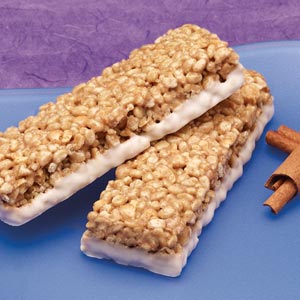Health Articles
Are You An Emotional Eater?
We celebrate with family feasts. We bring casseroles to console. We even hover around hors d’oeuvres during awkward social events. It’s natural to turn to food for a little emotional comfort. But there’s a big difference between finding some emotional nourishment in your noshing and using food to numb your feelings.
Emotional eating – eating when you’re not hungry, and not stopping when you’re full – happens when food becomes a substitute for dealing with uncomfortable situations in your life.
“It’s exceedingly common in our culture, “We start emotional eating really young – say, a popsicle after a skinned knee – so that by the time we’re adults, eating when we feel bad is a pretty accepted experience.”
The problem occurs, when emotional eating becomes a mindless cycle of eating to numb uncomfortable emotions, feeling even worse when the emotions rise again, eating even more, and then (you guessed it) gaining weight.
Think you may be an emotional eater? Read on to find out.
Do you frequently eat when you’re not hungry?
Before you take a bite, check in with your hunger, Does your stomach feel empty? If no, beware. Eating won’t satisfy a craving that comes from something other than hunger. If you are hungry (or just still want that Rocky Road), make a mindful decision about how much to eat, then pay attention to what you’re eating. Don’t watch TV, surf the web or talk on the phone while you’re eating. You’ll enjoy your food more and be more tuned in to the physiological signals of fullness.
Do you scold or criticize yourself after indulging?
Guilt over a little indulgence can lead to unchecked eating, causing you to take in even more calories. Instead of beating yourself up for having a treat, remind yourself that you have the power to make good food choices from here on out.
Do you have a list of foods that are off-limits?
When emotions hit, people tend to reach for high-fat or high-sugar foods – usually the very ones you tell yourself you “shouldn’t” have. Instead of thinking in terms of “good” and “bad” foods, remember that almost all food has a place in a well-balanced diet. Pizza fanatic? Pencil it in one night a week. Chocoholic? Sample a square or two as an evening dessert. By giving yourself room to sample favorite treats you’re less likely to go overboard when stressed.
Are there specific emotions that trigger your eating?
Maybe retirement worries send you toward sundaes. Or your newly empty nest has you aching for nachos. Not sure what’s triggering the tiramisu craving? Keep a food journal for a few days. Write down what you ate, when you ate it, how you felt, whether you were hungry at the time and how you felt afterwards. Seeing your habits in black and white will help you better identify situations likely to spark a non-hunger-driven binge.
Once you’ve identified the emotions that prompt the snacking urges, substitute a healthier activity when familiar feelings strike. Try yoga, a brisk walk, meditation or even a quick call to a friend for a soul-soothing chat.
Occasionally turning to food to celebrate or to soothe during unpleasantness doesn’t necessarily mean you have a problem. But letting your stress dictate what, when and how much you eat can hurt your health while leaving other important issues in your life unresolved. If you think you may have a problem, consider contacting a professional mental health provider for support and guidance.
Live Better America








